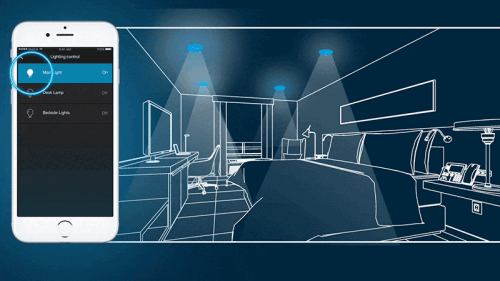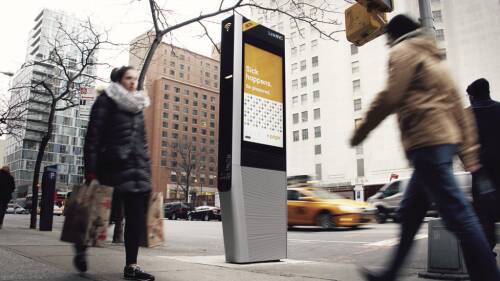New and Disruptive Technology
Autonomous vehicles will remake cities in ways we are only beginning to imagine. Architects and planners have to envision structures now that will fit into that future.
A sea change is taking place in the way companies use office space design, amenities, and location to attract the most talented employees to their firms. Speaking at a ULI Boston event in May, panelists said that while lease flexibility is key to attracting desirable tenants, so is the user experience of the building itself.
Companies may be starting to see that squeezing more employees into less space is starting to be counterproductive, but panelists at ULI’s 2018 Spring Meeting agreed that expansive offices were largely a thing of the past, especially with wireless communications and cloud-based applications increasingly allowing employees to get much of their work done off site.
Micro-housing builder Kasita says it has solved the problems of modular construction. The Austin-based company is at the ULI Spring Meeting in Detroit meeting with developers and showing off a prototype of its 352-square-foot home.
U.S.-based hotel chains continually aim to one-up the competition in order to attract customers—particularly younger ones—to their properties and loyalty programs. Now Hilton is surging ahead with its “Connected Room” concept, which allows guests to personalize and control every aspect of their experience using their smartphones.
With consumers increasingly expecting to tap their smartphones and find a product on their doorstep within hours, e-commerce is creating an ever more intense demand for industrial real estate near population centers that can used for last-mile logistics, according to panelists at ULI’s 2017 Fall Meeting in Los Angeles.
Technological innovations are affecting nearly every facet of how societies function, but it is the corresponding evolution of human behavior—not the technology itself—that is driving how the next generation of cities around the globe is being built. That was the general feeling of a panel of large-scale developers—veritable city builders—assembled at the World Real Estate Forum by the Massachusetts Institute of Technology Center for Real Estate.
Emerging technologies will bring major changes to the real estate industry, prompting questions that people will be pondering over the coming months and years. “We’ve got to restart our thinking about what we do,” said Paul Doherty, chief executive officer and president of Memphis-based the Digit Group, a leading provider of “smart city” solutions.
When it comes to the e-commerce explosion, it’s all about “the last mile,” and almost anything is imaginable. “The last mile can be executed on foot, bicycle, hand cart, unicycle, skateboard, jetpack, Uber, Lyft—the list goes on,” said Benjamin Conwell of Cushman & Wakefield, a former director of Amazon’s North American real estate operations, speaking at the 2016 ULI Fall Meeting.
Free public wi-fi and charging stations are being deployed through outdoor public furniture and fixtures—benches, shelters, streetlight poles, trash cans, and other common features.
With 2016 under way, I am very excited and hopeful about the changes taking place at ULI this year. We are continuing to move forward in three key areas: 1) a new global governance structure;
2) a major new information technology initiative; and 3) a relocation into a new workplace in Washington, D.C.
2) a major new information technology initiative; and 3) a relocation into a new workplace in Washington, D.C.
Harnessing the power of big data and the internet, new tech capabilities allow governments to fine-tune services—and allow residents more influence.
In the coming years, it will be possible to access mountains of aggregated market data and do real-time valuations for industrial, retail, and office properties; and buildings will be traded online the way that stocks are traded now. That is the world envisioned by a panel of real estate information technology providers at ULI’s 2015 Fall Meeting in San Francisco, and they expect to see it happening in the next few years.
At last year’s Consumer Electronics Show, a unique fusion occurred: real estate, which ultimately is about presence, met phones and other devices that link people and places.
The desire of today’s creative class for connectivity, walkability and non-traditional live and work spaces is reshaping how designers, architects, and developers design homes and offices, says Christopher B. Leinberger, president of LOCUS, a real estate policy advocate for walkable and transit-oriented development.














